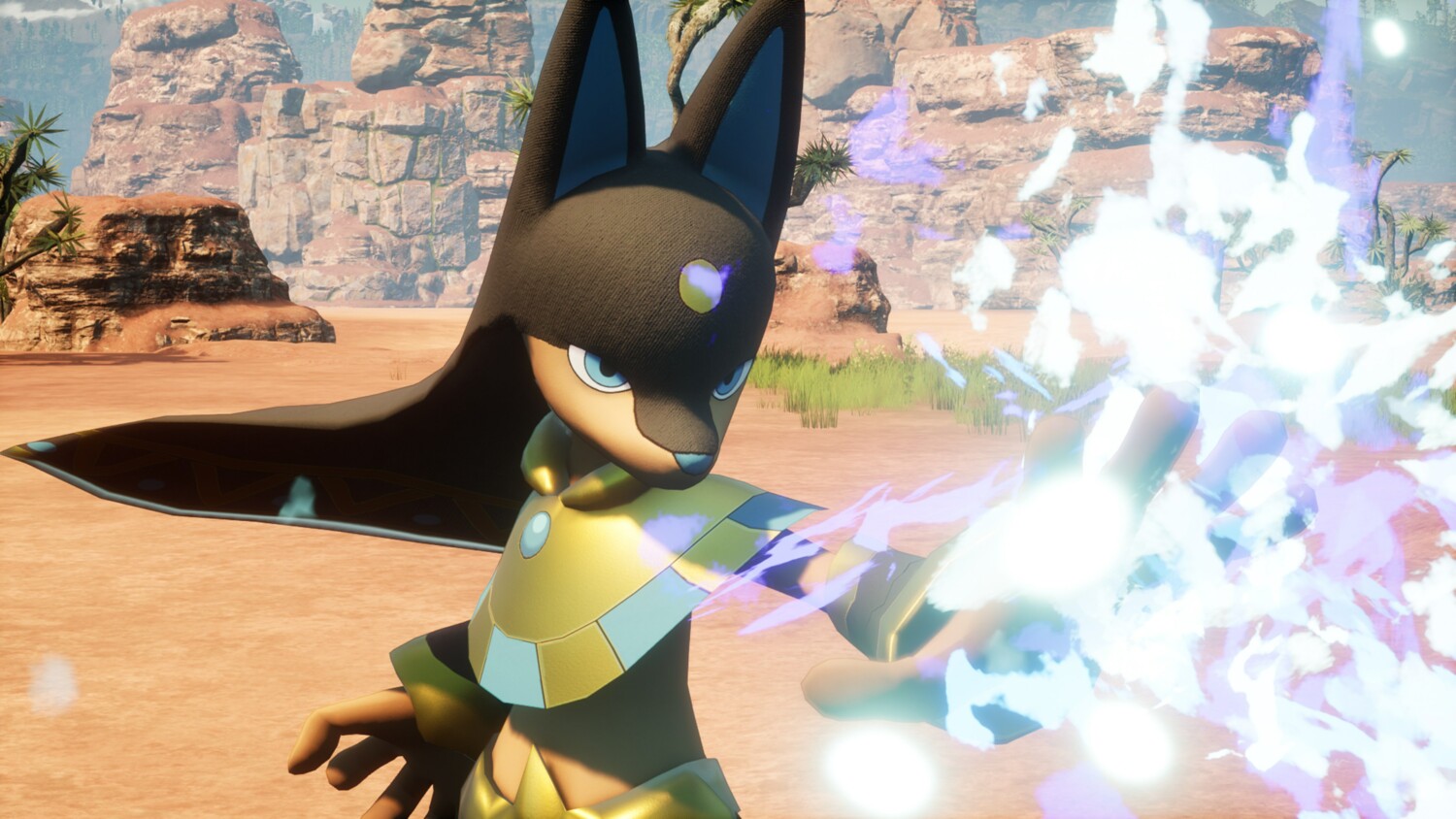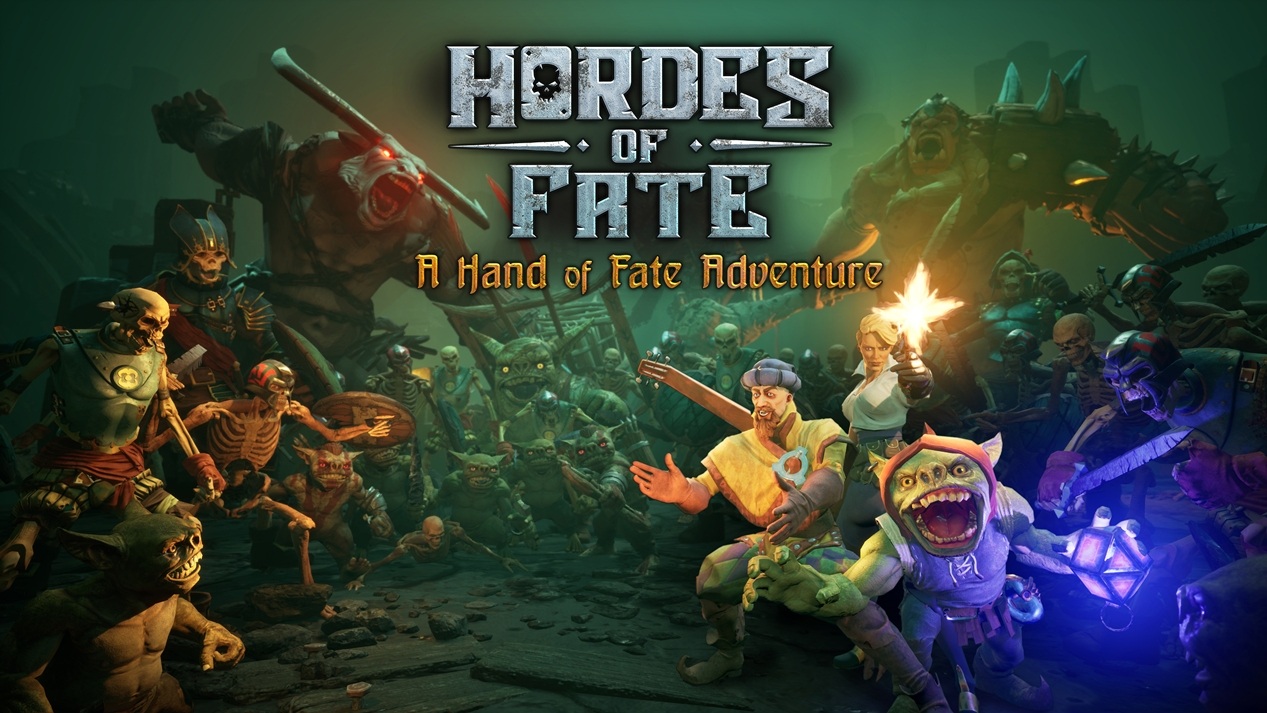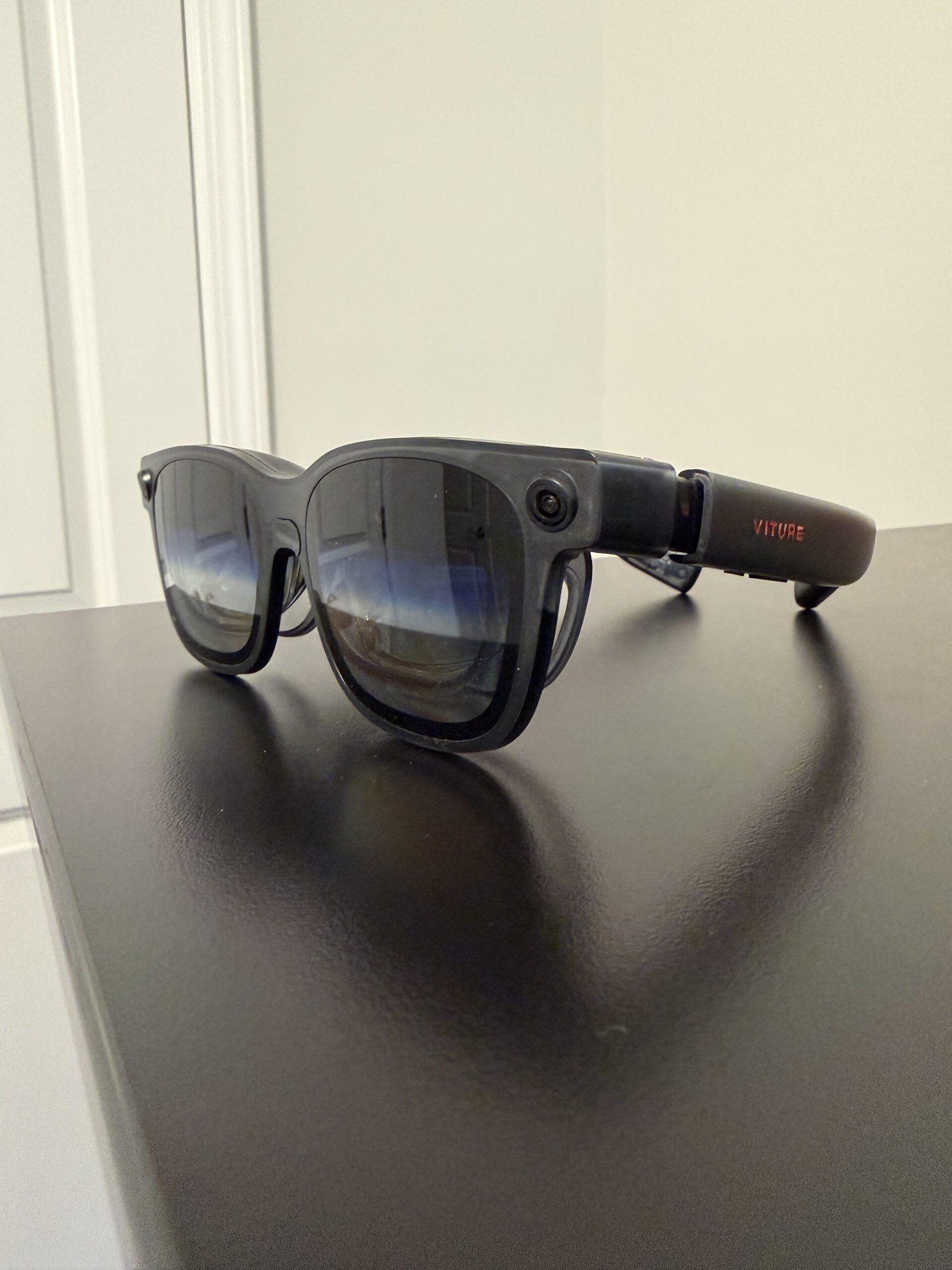Nintendo’s legal battle against Pocketpair—the developer of the popular creature-catching game Palworld—is making headlines as the case proceeds in the Tokyo District Court.
The lawsuit, first filed by Nintendo last year, accuses Pocketpair of violating three separate Nintendo patents with gameplay elements allegedly similar to those found in the Pokémon series.
The outcome of this high-profile dispute could have significant implications for game developers and the broader industry, as it addresses key issues around game mechanics and intellectual property protection. New information has surfaced through Gamesfray, a video game news outlet that enlisted a Japanese patent law specialist to access official court filings.
According to findings from the Tokyo District Court, Pocketpair is mounting a two-pronged defense against Nintendo's claims. First, Pocketpair is challenging the legitimacy of Nintendo’s patents by arguing that the relevant game mechanics—most notably the act of capturing creatures—have existed long before Nintendo's patents were registered.
In their counterarguments, Pocketpair referenced earlier releases such as ARK: Survival Evolved, Octopath Traveler, and Rune Factory 5, all of which feature similar creature-collecting elements.
Even Nintendo’s own Pikmin 3 and multiple previous titles in the Pokémon franchise were cited as prior works.
If the court finds that these mechanics are not novel, the patents themselves could be deemed invalid, undermining Nintendo’s case. Secondly, Pocketpair asserts that, regardless of the validity of the patents, Palworld does not infringe upon Nintendo’s intellectual property.
The developer outlined specific arguments for non-infringement for each of the three patents under dispute, emphasizing differences in game genres and critiquing the ambiguous language present in the patents.
Detailed analyses of their defense strategy are provided in Section 3 of Gamesfray’s reporting. As of now, the Tokyo District Court has not delivered an official ruling, indicating that legal proceedings are still ongoing.
Nintendo bears the responsibility of demonstrating both that their patents are valid and that Pocketpair’s Palworld directly infringes upon those protections.
If Nintendo prevails in the lawsuit, Pocketpair faces the possibility of an injunction against Palworld’s distribution and damages totaling 10 million yen (approximately $67,000 USD at current exchange rates), which would be paid to both Nintendo and The Pokémon Company. This case puts a spotlight on the increasingly complex realm of video game patents, with ramifications that extend beyond Palworld and Pocketpair.
The verdict could set a new benchmark for how creature-collecting mechanics are protected—and contested—within the global gaming industry, particularly on platforms like the Nintendo Switch and digital storefronts including the eShop. For more coverage on Nintendo legal proceedings, Palworld, and other developments in game intellectual property law, follow ongoing updates from Gamesfray and official court documentation.
The lawsuit, first filed by Nintendo last year, accuses Pocketpair of violating three separate Nintendo patents with gameplay elements allegedly similar to those found in the Pokémon series.
The outcome of this high-profile dispute could have significant implications for game developers and the broader industry, as it addresses key issues around game mechanics and intellectual property protection. New information has surfaced through Gamesfray, a video game news outlet that enlisted a Japanese patent law specialist to access official court filings.
According to findings from the Tokyo District Court, Pocketpair is mounting a two-pronged defense against Nintendo's claims. First, Pocketpair is challenging the legitimacy of Nintendo’s patents by arguing that the relevant game mechanics—most notably the act of capturing creatures—have existed long before Nintendo's patents were registered.
In their counterarguments, Pocketpair referenced earlier releases such as ARK: Survival Evolved, Octopath Traveler, and Rune Factory 5, all of which feature similar creature-collecting elements.
Even Nintendo’s own Pikmin 3 and multiple previous titles in the Pokémon franchise were cited as prior works.
If the court finds that these mechanics are not novel, the patents themselves could be deemed invalid, undermining Nintendo’s case. Secondly, Pocketpair asserts that, regardless of the validity of the patents, Palworld does not infringe upon Nintendo’s intellectual property.
The developer outlined specific arguments for non-infringement for each of the three patents under dispute, emphasizing differences in game genres and critiquing the ambiguous language present in the patents.
Detailed analyses of their defense strategy are provided in Section 3 of Gamesfray’s reporting. As of now, the Tokyo District Court has not delivered an official ruling, indicating that legal proceedings are still ongoing.
Nintendo bears the responsibility of demonstrating both that their patents are valid and that Pocketpair’s Palworld directly infringes upon those protections.
If Nintendo prevails in the lawsuit, Pocketpair faces the possibility of an injunction against Palworld’s distribution and damages totaling 10 million yen (approximately $67,000 USD at current exchange rates), which would be paid to both Nintendo and The Pokémon Company. This case puts a spotlight on the increasingly complex realm of video game patents, with ramifications that extend beyond Palworld and Pocketpair.
The verdict could set a new benchmark for how creature-collecting mechanics are protected—and contested—within the global gaming industry, particularly on platforms like the Nintendo Switch and digital storefronts including the eShop. For more coverage on Nintendo legal proceedings, Palworld, and other developments in game intellectual property law, follow ongoing updates from Gamesfray and official court documentation.






